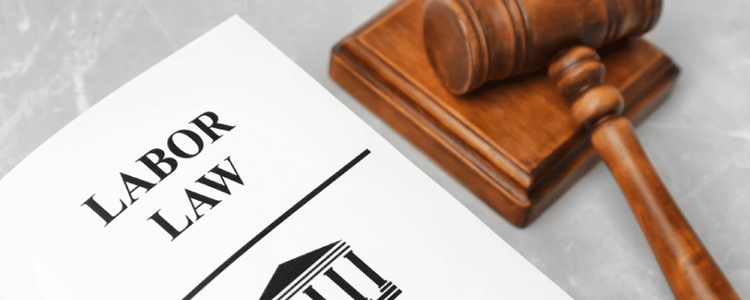Labour Law Matters
Labour law is a set of legal regulations and principles that govern the relationship between employers, employees, and labor organizations. It establishes the rights and duties of employers and employees in the workplace, as well as the procedures and mechanisms for resolving disputes between them. Some common labour law matters include:
- Employment contracts: The terms and conditions of employment, such as job duties, wages, benefits, working hours, and termination procedures, are typically set out in an employment contract.
- Workplace health and safety: Employers have a duty to provide a safe working environment and protect employees from harm. This includes providing adequate training, equipment, and protective gear, as well as implementing policies and procedures for preventing accidents and injuries.
- Discrimination and harassment: Labour laws prohibit discrimination and harassment in the workplace on the basis of factors such as race, gender, age, religion, and disability. Employers have a duty to take steps to prevent and address such behaviour.
- Unionization and collective bargaining: Employees have the right to form and join trade unions, and to engage in collective bargaining with their employers to negotiate better working conditions, wages, and benefits.
- Termination and severance: Employers must follow specific procedures when terminating employees, such as providing notice or severance pay in certain circumstances. Employees may also have the right to challenge their termination if it was unfair or discriminatory.
